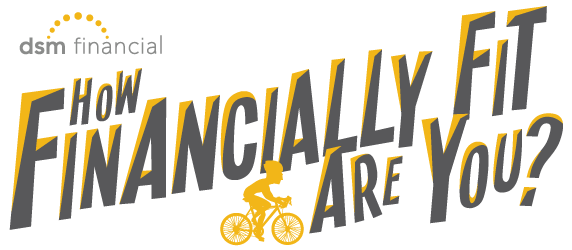|
You probably know a will is the most fundamental part of any estate plan, but did you know a will doesn’t have to be the only component of your plan? A will can achieve many things, including the distribution of your assets to the appropriate heirs. However, a will can’t do everything, and there may be some goals best accomplished through a range of other documents known as will substitutes. Simply put, a will substitute is a document or tool that acts in place of a will in the estate-distribution process. A will substitute may apply to your entire estate or to specific assets. Some will substitutes are strictly estate-planning tools, while others are financial tools that can also be used for other purposes. Do you need a will substitute as part of your estate plan? It depends on your needs and goals. However, if you want to pass assets on to your heirs quickly and at minimum expense, there’s a possibility a will substitute could be right for you. Types of Will Substitutes
The term “will substitute” is a broad term that applies to a diverse range of strategies, tools and documents. Some popular examples of will substitutes include: Trusts. A trust can be a powerful estate-planning tool to protect your legacy and your heirs. Assets inside a trust avoid the probate process, which can be time consuming and costly. You can also use a trust to retain control over your assets after you pass away. For example, your trust could dictate the terms or schedule for your heirs to inherit their assets. Joint ownership. Some assets or accounts may allow you to name a joint owner. Then, when you pass away, the property is simply passed to your co-owner. Again, this strategy allows the asset to bypass probate. This can be a useful approach for things like bank accounts and real estate. You may also want to consider payable-on-death (POD) designations, if available. Beneficiary designations. Some assets, such as life insurance, annuities and IRAs, are distributed through beneficiary designations. You name one or several beneficiaries on the particular asset. When you pass away, the account administrator distributes the death benefit directly to the named beneficiaries. Again, this approach avoids the probate process. Benefits of Will Substitutes There are two primary benefits to using a will substitute. As you may have guessed, one of the biggest is the avoidance of probate. That’s the legal process for settling one’s estate, and it often involves tasks such as paying debts and liquidating assets. Since it can be costly and can delay asset distribution, you can help your heirs by limiting the amount of assets that pass through probate. Another benefit is a will substitute may make for a more efficient distribution tool than a will in some cases. For example, assets with beneficiary designations are often paid quickly. That kind of fast distribution could be helpful to your loved ones during a time that will undoubtedly be stressful and emotionally challenging. Are you as financially fit as you thought on the topic of estate planning and retirement income? Give us a call at DSM Financial to discuss your retirement options and create a strategy that works for you. Licensed Insurance Professional. Advisory Services offered through Change Path LLC an Investment Advisor. DSM Financial and Change Path LLC are not affiliated. This information is designed to provide a general overview with regard to the subject matter covered and is not state specific. The authors, publisher and host are not providing legal, accounting or specific advice for your situation. By providing your information, you give consent to be contacted about the possible sale of an insurance or annuity product. This information has been provided by a Licensed Insurance Professional and does not necessarily represent the views of the presenting insurance professional. The statements and opinions expressed are those of the author and are subject to change at any time. All information is believed to be from reliable sources; however, presenting insurance professional makes no representation as to its completeness or accuracy. This material has been prepared for informational and educational purposes only. It is not intended to provide, and should not be relied upon for, accounting, legal, tax or investment advice. 17567 - 2018/4/9
0 Comments
Leave a Reply. |
Archives
July 2020
Categories
All
|
Mike Moller
DSM Financial
DSM Financial
3309 109th Street
Urbandale, IA 50322
Urbandale, IA 50322
515.331.1717
[email protected]
[email protected]
Advisory Services offered through Change Path LLC an Investment Advisor. DSM Financial and Change Path LLC are not affiliated. 17283 - 2018/1/17
Licensed Insurance Professional. Respond and learn how insurance and annuities can positively impact your retirement. This material has been provided by a licensed insurance professional for informational and educational purposes only and is not endorsed or affiliated with the Social Security Administration or any government agency.
Licensed Insurance Professional. Respond and learn how insurance and annuities can positively impact your retirement. This material has been provided by a licensed insurance professional for informational and educational purposes only and is not endorsed or affiliated with the Social Security Administration or any government agency.


 RSS Feed
RSS Feed